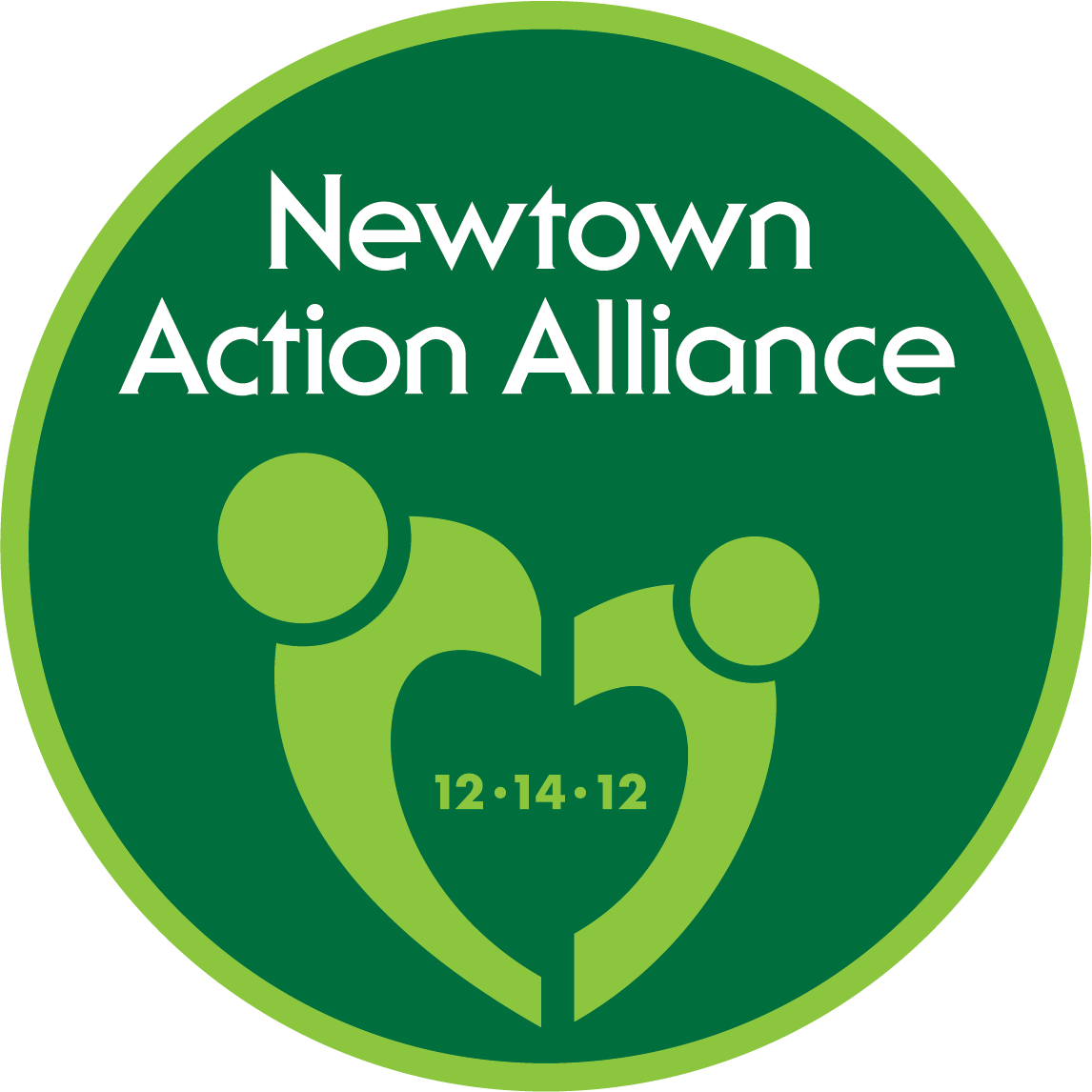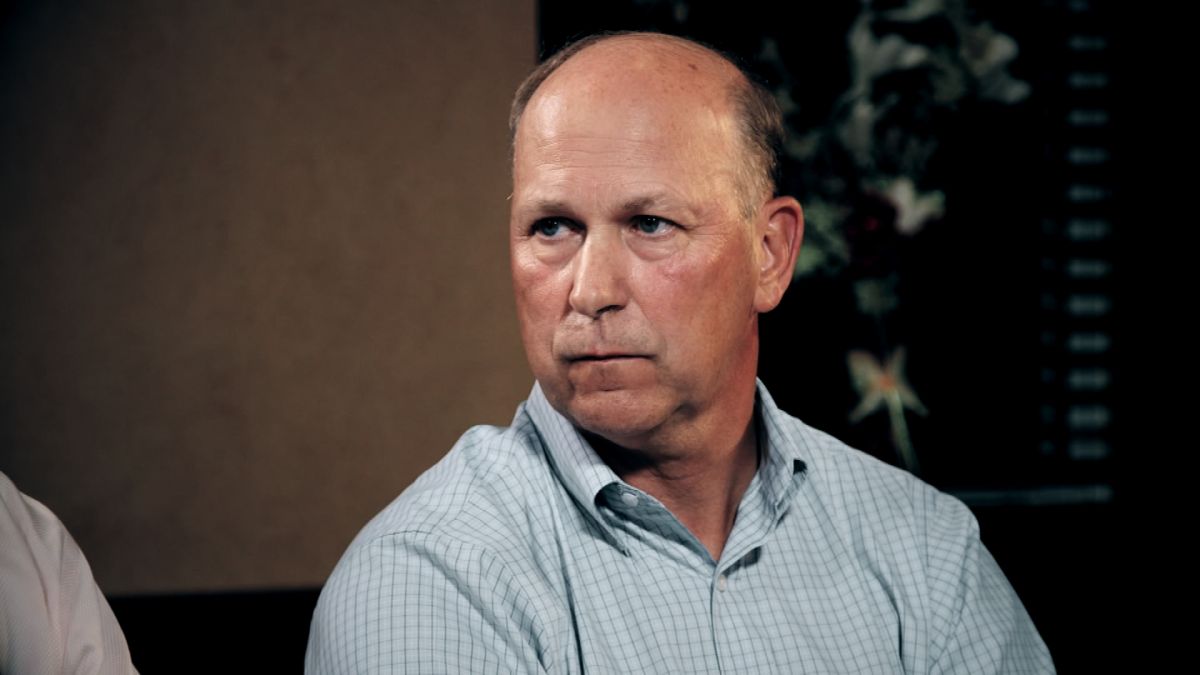What happened when gun control advocates and 2nd Amendment defenders sat down for dinner
AMERICA WITH JORGE RAMOS
RUSS FINKELSTEIN
PUBLISHED AUGUST 11, 2016
If you’re anything like me, you spend a good amount of time each day impulsively checking Facebook and Twitter while acting like you’re paying attention to your friends, family and work. Meaningful, face-to-face interactions are out. Witty, poignant and impassioned tweets and posts that preach to the choir are in. And in an age where algorithms tend to favor posts that express opinions you agree with, having a good-old-fashioned, respectful argument with someone you disagree with seems to be an increasingly rare occurrence.
Perhaps nothing has made American’s individual insolation and collective polarization more apparent than the ongoing debate over gun rights. Gun violence claims more than 30,000 lives a year according to the Centers for Disease Control, or roughly the same number of people who die each year in car accidents. But despite mass shooting after mass shooting and the public outcry that usually follows, congress has as of late been unable to agree on any measures aimed at curbing gun violence, in large part due to the powerful influence of the NRA and a literal interpretation of the Second Amendment: the right to keep and bear arms. In fact, the only predictable outcome of a mass shooting might be the immediate increase in the value of gun companies’ stocks, as people rush to arm themselves for further protection, and thus, some would argue, perpetuating the cycle that is this country’s fascination with guns.
So given the political deadlock on the issue and the prominent role it’s playing in the pending presidential election, we decided to bring people on both sides of the gun debate together over dinner as a part of our series Breaking Bread.Originally we considered producing a segment in Orlando with people affected by the shooting at Pulse Night Club, but quickly realized the wounds there were too fresh for a direct and potentially heated political discussion. We decided instead to produce the segment in Newtown, Connecticut where 20 children and six educators were killed at Sandy Hook Elementary in 2012. Though the pain of the tragedy in Newtown is still quite palpable there, the past three and a half years have provided enough distance for some in the community to participate in the political fight to curb gun violence, and others to defend their right afforded to them by the U.S. constitution.
Among the local organizations fighting gun violence is The Newtown Action Alliance, whose chairperson Po Murray is a mother of four Sandy Hook graduates. The group was born in the wake of the Sandy Hook shooting with the aim of advocating for stricter gun laws.
“Some of the people that I speak to that own an assault weapon, they enjoy it, they like it, they have fun with it. Are you not willing to give that up so that 20 children can live, and 49 people can go to a nightclub and dance all night, and not get shot down?” —Po Murray, Chairperson of the Newtown Action Alliance
Eric Milgram is also a member of the Newtown Action Alliance and a staunch gun safety advocate. Two of his children survived the Sandy Hook shooting. His daughter was one of 15 first graders that hid in a bathroom with their teacheras the shooter, Adam Lanza, passed them by.
“What you saw tonight was almost four years of pent-up rage that I've had as somebody that is not anti-gun, but who is anti-bullshit and so sick of hearing the same, you know, gun lobby propaganda points.” —Eric Milgram, parent of two Sandy Hook survivors.
Michael Kehoe was the police chief of Newtown in 2012 when the shooting took place. He was one of the first police officers on the scene of the Sandy Hook shooting. He has since traveled the country speaking to police departments about how to handle active shooter situations. He retired in January of this year after more than 37 years with the Newtown police department.
“The Second Amendment is a bunch of words, okay, that has an interpretation, an interpretation handed down through many, many years of judges making that interpretation. So we can make those words mean anything we want to going forward.” —Michael Kehoe, Former Newtown Police Chief
Jeff Parkin is a first selectman in the town of Kent, Connecticut. He a former pilot, an avid shooter and a gun rights advocate. As a city official, he pushed for the Kent Board of Selectmen to ask the board of education to consider a program that would arm school employees in order to mitigate the threat of an active shooter.
“It's not a matter of what's in a man's hand, it's what's in his heart. But every time this happens, it's the gun that people come after.” —Jeff Parkin, Selectman, Kent, Connecticut
Rachel Baird is a Yale educated attorney and former Assistant Attorney General practicing law in Connecticut. She handles cases involving the second amendment and is a pro gun rights advocate.
“They say, 'Oh, he has five guns? Why does he need more than one?' Or your ammo. 'Why does he have so much ammo?' Because people collect things. They have value. They enjoy being around them. And I'll say that. Why does Jay Leno have 50 cars?” —Rachel Baird, Second Amendment Attorney





